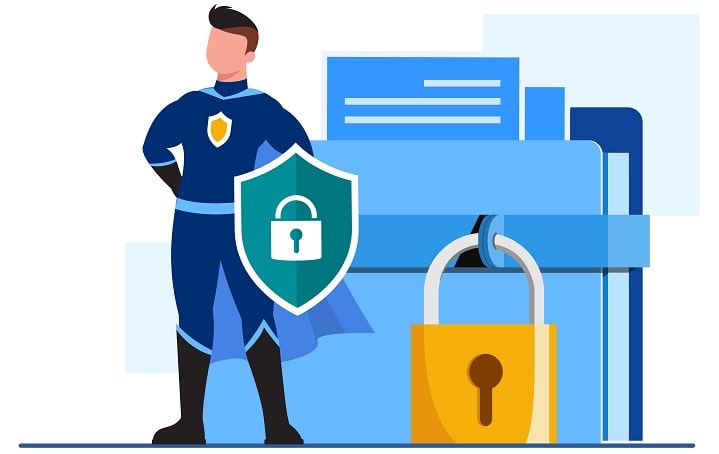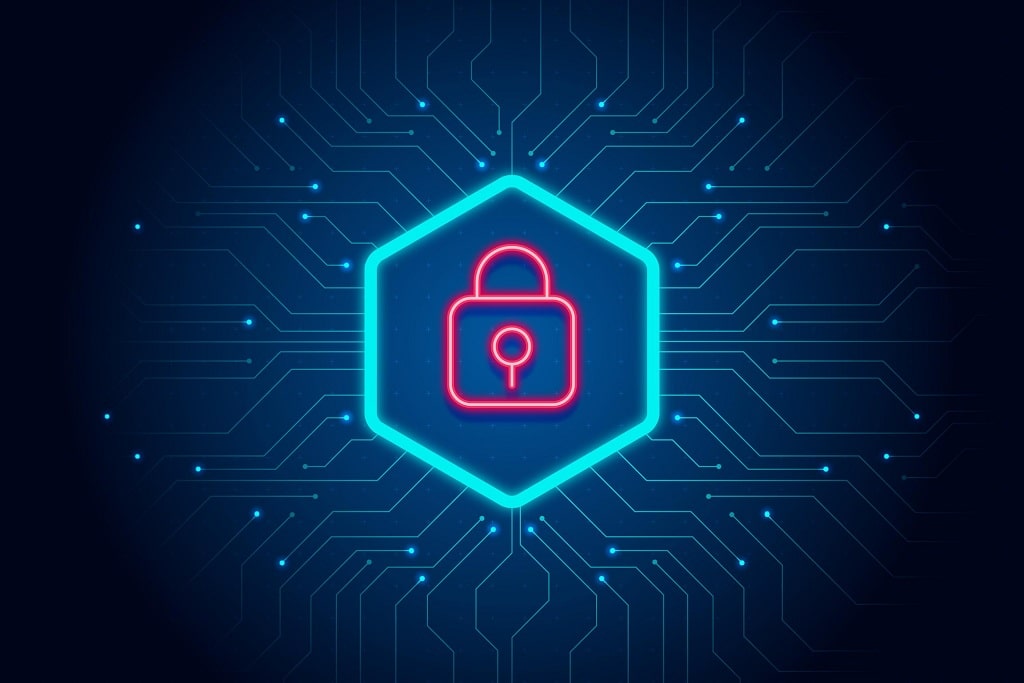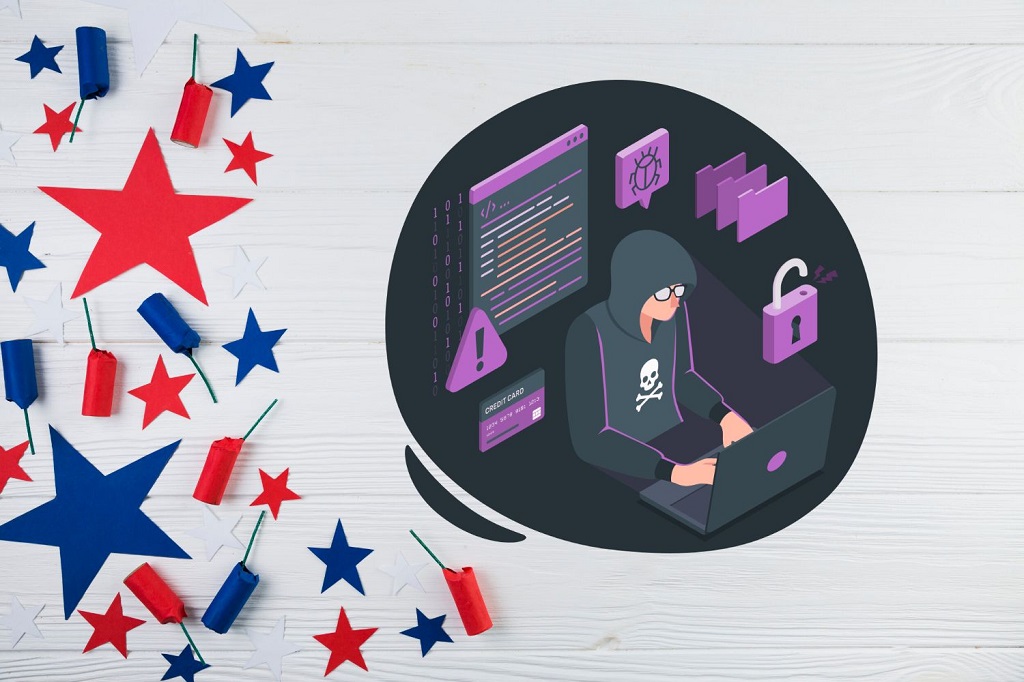Businesses in a rapidly evolving digital landscape are vulnerable to many threats from cybercriminals. As per Forbes, the hacker’s ability has grown with the advent of AI tools and ChatGPT.
Therefore, there has been a steep rise in cybercrimes targeting companies, firms, or organizations. Entrepreneurs and business leaders want to secure their businesses from data hackers and cyberbullying gangs, so they opt for cybersecurity consulting services.
The demand for cyber security consulting services has increased a lot in recent times. From ensuring compliance with industry regulations to effectively responding to security incidents, cybersecurity consulting plays a crucial role in safeguarding organizations’ digital assets.

Let us learn some basic concepts of cyber security consulting, covering areas such as compliance, vulnerability scanning, penetration testing, and incident response.
#1. Compliance Consulting: Navigating Regulatory Requirements
Companies or organizations must adhere to industry regulations and standards. In compliance consulting services compliance officer conducts assessments to identify any gap in compliance, creates incident reports, and implements adequate controls to avoid any risk.
From data protection laws to web content, the copyright must be ensured by cyber security consultants to avoid any legal issues against the company.
#2. Vulnerability Scanning: Identifying Weaknesses in Your Digital Infrastructure
Vulnerability scanning is a cyber security consulting service where experts use specialized tools to scan networks, systems, and applications to find potential security weaknesses in the business network.
Cyber security consultants help business owners take actionable insights to strengthen their overall network security by detecting vulnerabilities.
This proactive approach helps companies prevent data breaches, unauthorized access, and other security incidents.
Read: The Importance of Maintaining Cybersecurities
#3. Penetration Testing: Assessing Security Controls
Penetration testing is an ethical hacking technique cyber security experts use to conduct a simulated attack on a company’s network to mimic real-world attack scenarios.
They attempt to breach an organization’s defenses to gauge its effectiveness. The findings from penetration testing enable businesses to remediate vulnerabilities and enhance their security measures, ultimately fortifying their resilience against cyber threats.
#4. Incident Response: Preparing for and Mitigating Security Incidents
Despite robust security measures, organizations must be prepared for security incidents. Incident response consulting focuses on developing and implementing comprehensive strategies to effectively detect, respond to, and recover from security breaches.
Consultants work closely with businesses to establish incident response plans, conduct tabletop exercises, and provide training to ensure a swift and effective response when faced with a security incident. Timely and well-coordinated incident response minimizes damage, reduces downtime, and restores normal operations.
Conclusion:
Understanding cybersecurity consulting is essential for businesses seeking to protect themselves from the ever-evolving threat landscape.
From compliance consulting to vulnerability scanning, penetration testing, and incident response, cybersecurity consultants provide organizations with the expert advice needed to navigate the complex world of cybersecurity.
By partnering with experienced consultants, businesses can proactively identify and address security risks, safeguard their sensitive data, and enhance their resilience against cyber threats.
Implementing comprehensive cybersecurity consulting services is a sound business strategy and a critical investment in the long-term success and security of any organization operating in today’s digital age.




